Battle to save life of Kremlin critic Navalny after suspected poisoning
One of Vladimir Putin’s chief critics is in a coma after being poisoned for what appears to be the second time, with doctors battling to save the anti-corruption campaigner’s life.
Leaders
Don't miss out on the headlines from Leaders. Followed categories will be added to My News.
- Russia takes first jab at coronavirus vaccine rollout
- Putin seeks to change term limits in bid to ‘rule for life’
Russian doctors are fighting to save the life of leading opposition figure and anti-corruption activist Alexei Navalny on Thursday local time after he was rushed to intensive care in Siberia suffering from what his spokeswoman said was a suspected poisoning.
Mr Navalny, a 44-year-old lawyer and politician is among President Vladimir Putin’s strongest opponents.
In a 2011 radio interview he famously described Russia’s ruling party, United Russia, as a “party of crooks and thieves”.
Navalny is in a coma in hospital in the city of Omsk after he lost consciousness on a flight and his plane was forced to make an emergency landing.
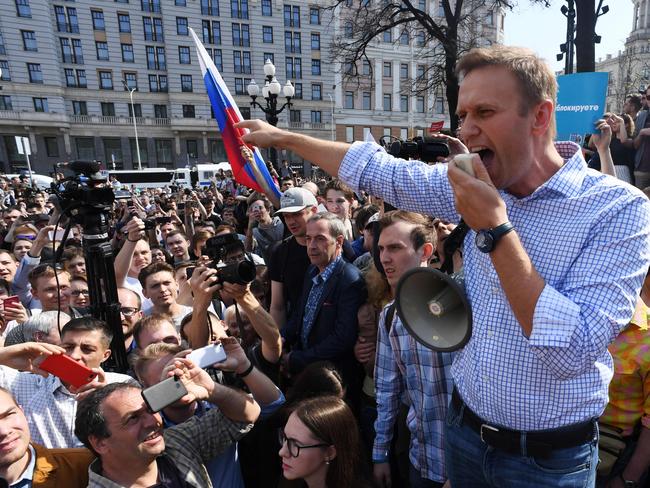
Mr Navalny’s spokeswoman Kira Yarmysh said he was on a ventilator and tests were being carried out.
She said he was in a serious but stable condition.
“Alexei has toxic poisoning,” Ms Yarmysh wrote on Twitter, describing how he had taken ill during the flight from the city of Tomsk to Moscow and had to be carried off the plane.
“Whether or not he gave the order personally, the blame lies with him,” she said, referring to Vladimir Putin.
MORE NEWS:
Will the Ellen DeGeneres Show be axed under weight of complaints?
California’s fatal megablazes are back in a terrifying sign of what’s to come
Bad day for Donald Trump: former adviser arrested and tax return request nixed
“We think that Alexei was poisoned with something mixed in his tea. That was the only thing he drank in the morning,” Ms Yarmysh wrote on Twitter.
Ms Yarmysh told the Echo of Moscow radio station that she was “sure it was intentional poisoning”.
Kremlin spokesman Dmitry Peskov said he knew of Navalny’s illness and “as with any citizen of Russia, we wish him a speedy recovery”.
He said claims of poisoning were “only assumptions” until tests proved otherwise.
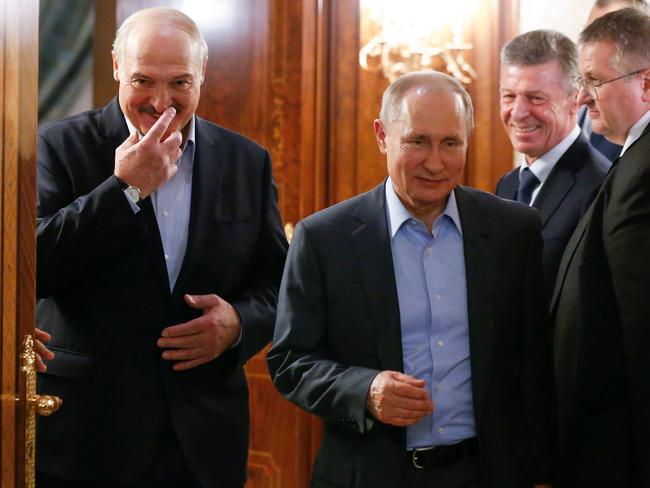
“Doctors aren’t just doing everything possible. The doctors are really working now on saving his life,” the hospital’s deputy head doctor Anatoly Kalinichenko told journalists in Omsk.
Dr Kalinichenko said no diagnosis had yet been reached, while the regional health ministry said Mr Navalny was in a natural, not induced, coma.
Mr Navalny’s wife Yulia arrived at the hospital to visit him.
Police and investigators had also arrived and journalists reported seeing FSB security service agents at the hospital in the city which is about 2200 km from Moscow.
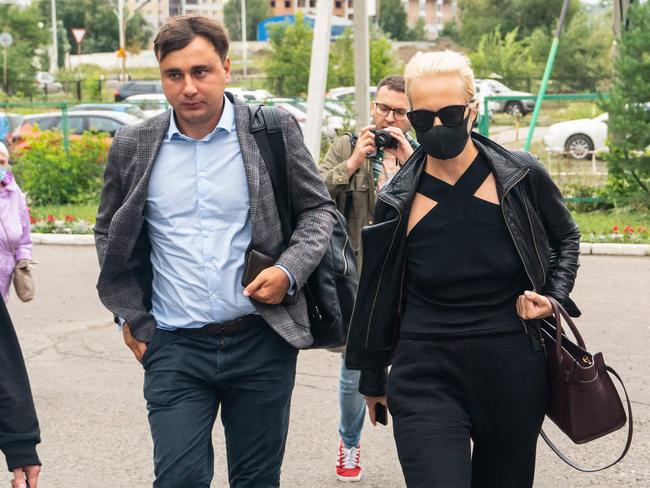
Political analyst Tatiana Stanovaya said that Mr Navalny has “garnered hundreds of enemies including some hardened individuals,” possibly incited by his anti-corruption investigations that attract millions of views online.
British Foreign Secretary Dominic Raab tweeted he was “deeply concerned” while EU foreign affairs high representative Josep Borrell wrote that if the suspected poisoning was confirmed “those responsible must be held to account”.
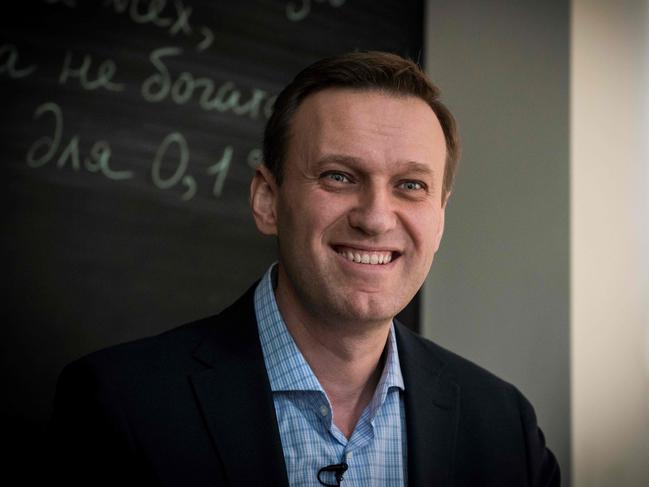
THE FATE OF KREMLIN CRITICS
Mr Navalny has previously suffered physical attacks including chemical burns to his eye in 2017 when attackers threw green dye at him outside his office.
Last year Navalny said he suspected poisoning after suffered rashes and his face became swollen while he was serving a brief prison term for calling for illegal protests.
Mr Yarmysh said that Mr Navalny seemed “absolutely fine” when they were at the airport.
“He only drank black tea in the airport,” she said.
“Straight after takeoff he quite quickly lost consciousness.”
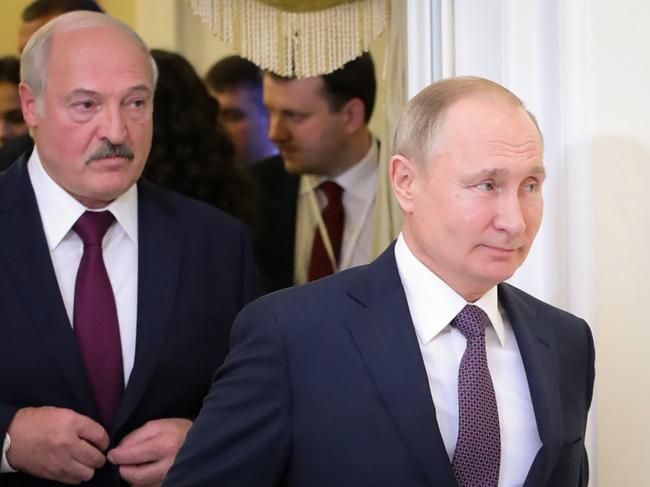
A charismatic lawyer and whistleblower, Mr Navalny has been travelling the country campaigning against Vladimir Putin in more than 30 regional elections in September.
Most recently he backed protests in Belarus against incumbent Alexander Lukashenko, encouraging opposition candidates.
Mr Navalny was in Siberia to help bolster opposition candidates.
A vocal critic of Russia’s ruling party, Mr Navalny has been the target of multiple criminal probes, prison terms and police custody while his Anti-Corruption Foundation is regularly targeted by authorities.
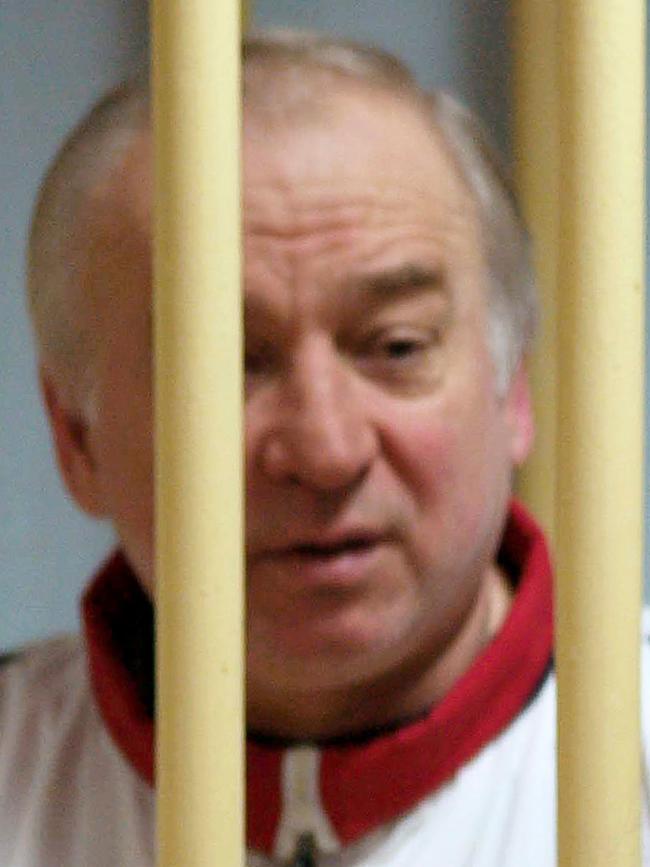
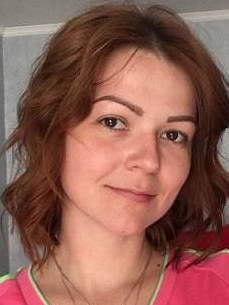
HISTORY OF POISONINGS
The incident follows other poisonings of Kremlin critics.
Britain named two Russian military intelligence agents as suspects after Russian double agent Sergei Skripal and his daughter Yulia were poisoned with nerve agent Novichok in the city of Salisbury in March 2018.
In 2006, former Russian security service agent Alexander Litvinenko was fatally poisoned with radioactive polonium in a cup of tea in London. Russia refused to extradite chief suspect Andrei Lugovoi, who became a nationalist MP.
Several other opposition figures have suffered severe illnesses in Russia that they blamed on poisoning.
Originally published as Battle to save life of Kremlin critic Navalny after suspected poisoning
